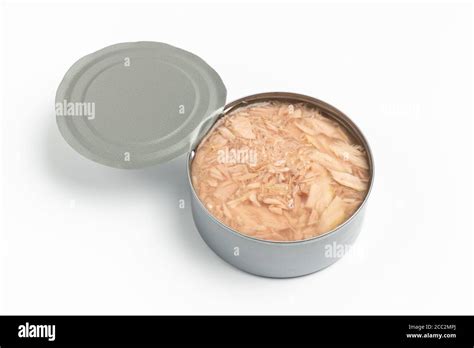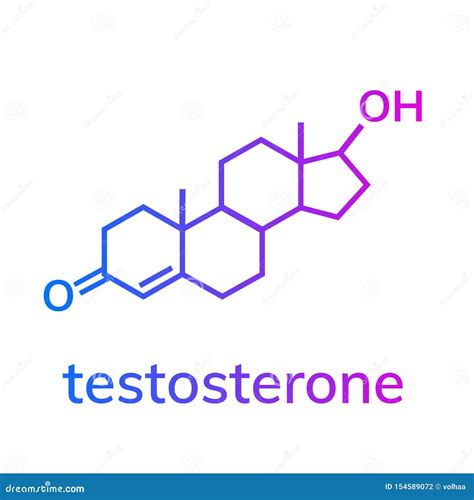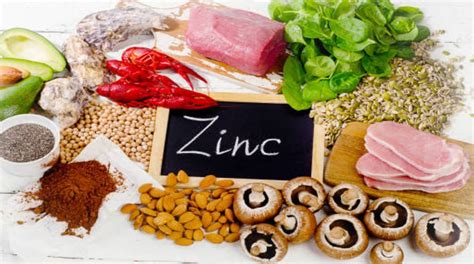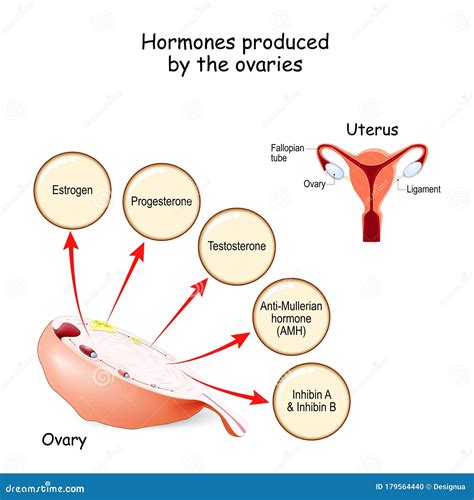How can nutrition optimize testosterone levels for men’s peak performance?

The Vital Role of Testosterone in Men’s Health and Performance
Testosterone, often hailed as the cornerstone of male vitality, plays a multifaceted role far beyond just muscle mass and sex drive. Optimal testosterone levels are crucial for cognitive function, mood regulation, energy levels, bone density, red blood cell production, and overall athletic performance. For men striving for peak performance in all aspects of life, maintaining healthy testosterone is paramount. While age can naturally lead to a decline, modern lifestyles and dietary choices significantly impact these crucial hormone levels. Fortunately, nutrition offers a powerful, natural pathway to support and optimize testosterone production.

Key Nutrients for Testosterone Optimization
Certain vitamins and minerals are not just beneficial; they are essential co-factors in the complex biochemical pathways that synthesize testosterone. Incorporating these into your diet is a foundational step.
Zinc: The Mineral for Male Virility
- Zinc is critical for testosterone production and sperm quality. Deficiencies are directly linked to lower testosterone.
- Sources: Oysters, red meat, poultry, beans, nuts, fortified cereals.
Vitamin D: The Sunshine Hormone
- Often referred to as a pro-hormone, Vitamin D plays a significant role in testosterone synthesis. Studies show a correlation between sufficient Vitamin D levels and higher testosterone.
- Sources: Sun exposure, fatty fish (salmon, mackerel), fortified milk, egg yolks, some mushrooms.
Magnesium: The Muscle and Hormone Supporter
- Magnesium supports free testosterone levels by reducing its binding to sex hormone-binding globulin (SHBG), making more active testosterone available.
- Sources: Dark leafy greens, nuts, seeds, legumes, whole grains, dark chocolate.

Macronutrient Strategies for Hormonal Balance
It’s not just about micronutrients; the balance of proteins, fats, and carbohydrates significantly influences hormone regulation.
Healthy Fats: Essential for Hormone Production
Cholesterol, a type of fat, is the precursor to testosterone. Adequate intake of healthy fats is non-negotiable for hormone synthesis.
- Monounsaturated Fats: Found in olive oil, avocados, nuts.
- Polyunsaturated Fats (Omega-3s): Found in fatty fish, flaxseeds, chia seeds, walnuts. These reduce inflammation, which can negatively impact testosterone.
- Saturated Fats: In moderation, from quality sources like grass-fed butter, coconut oil, can also support testosterone.
Quality Protein: Building Blocks and Satiety
Sufficient protein intake is vital for muscle building and repair, and it indirectly supports overall endocrine function. Aim for a variety of high-quality sources.
- Sources: Lean meats, poultry, fish, eggs, dairy, legumes, plant-based protein powders.
Complex Carbohydrates: Energy and Cortisol Management
While low-carb diets are popular, extremely restrictive carbohydrate intake can increase cortisol (the stress hormone), which can suppress testosterone. Complex carbohydrates provide sustained energy and help manage cortisol levels.
- Sources: Whole grains, fruits, vegetables, sweet potatoes.

Foods to Embrace for Hormonal Health
- Cruciferous Vegetables: Broccoli, cauliflower, cabbage contain compounds that help regulate estrogen, which can in turn support healthy testosterone levels.
- Berries and Antioxidant-Rich Foods: Protect cells from oxidative stress, contributing to overall health and hormonal balance.
- Garlic and Onions: May enhance testosterone production and reduce cortisol.
Foods to Limit or Avoid
Just as important as what you eat is what you avoid. Certain foods can actively disrupt hormonal balance.
- Processed Foods and Sugary Drinks: Lead to inflammation, insulin resistance, and weight gain, all of which are detrimental to testosterone.
- Excess Alcohol: Can impair testicular function and increase estrogen levels.
- Trans Fats: Found in many processed foods, they negatively impact cardiovascular health and may disrupt hormone production.
- Soy in Excess: While moderate intake is fine for most, very high intake of soy products may have estrogenic effects in some individuals, potentially impacting testosterone.

Beyond the Plate: Lifestyle Considerations
While nutrition is a powerful tool, it works synergistically with other lifestyle factors. Adequate sleep, regular resistance training, stress management, and maintaining a healthy body weight are all critical components of optimizing testosterone and achieving peak performance. Nutrition provides the fuel and building blocks, but these other elements ensure the body can effectively utilize them.
Conclusion
Optimizing testosterone levels for peak performance is an achievable goal through a thoughtful and consistent nutritional approach. By prioritizing zinc, Vitamin D, magnesium, and a balanced intake of healthy fats, quality proteins, and complex carbohydrates, men can naturally support their hormonal health. Coupled with smart dietary choices – embracing nutrient-dense foods while limiting processed and inflammatory items – nutrition becomes a cornerstone of vitality, energy, and sustained performance. Embrace these dietary strategies, and unlock your potential for a healthier, more vigorous life.









